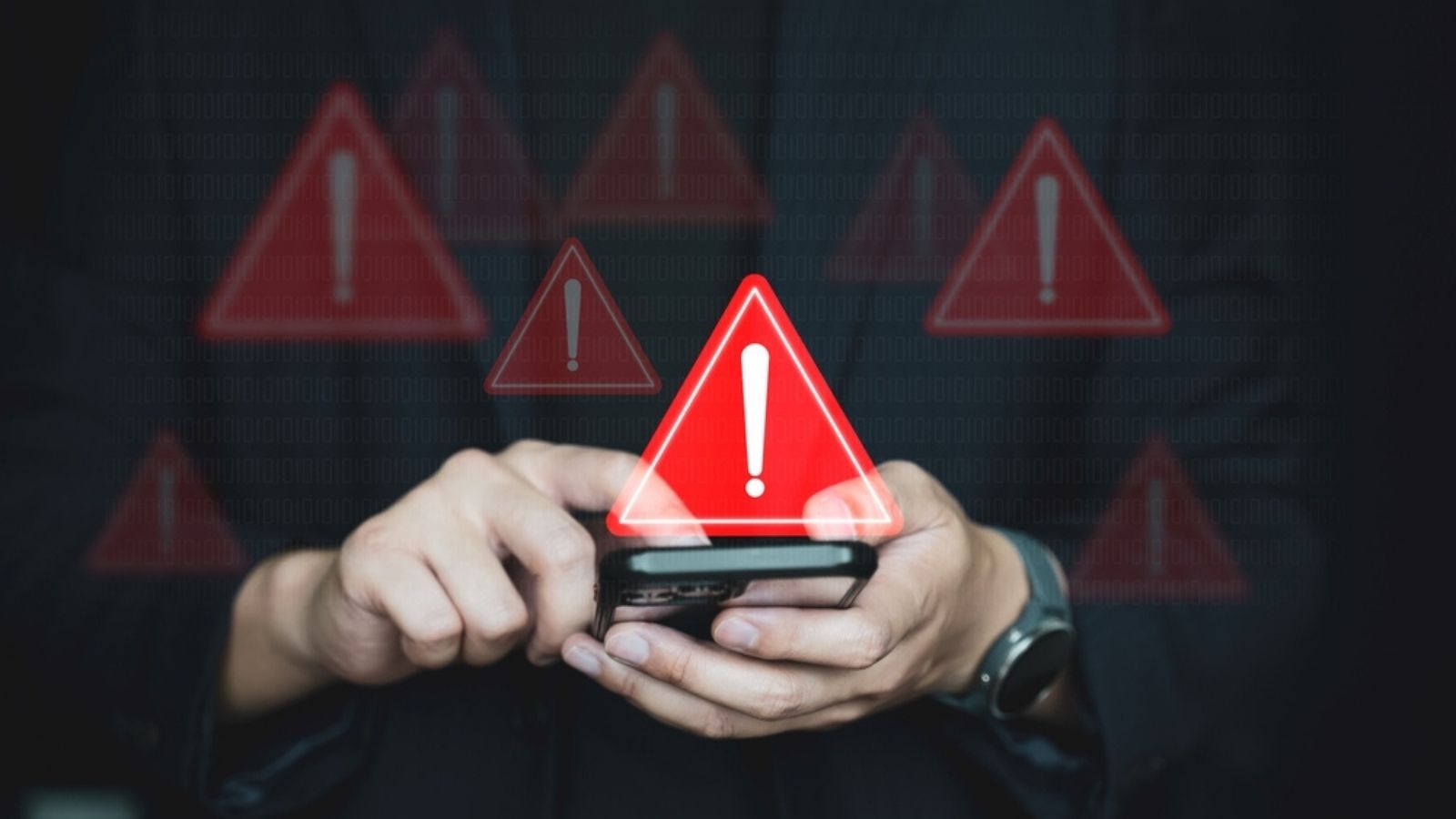In the modern digital era, your online footprint is growing rapidly, almost more quickly than one can envision. Every purchase, every social media activity, and every new application used creates a stream of personal data, adding to your digital footprint. If that footprint grows too fast, then this invites risks such as privacy invasion, identity fraud, and unwanted marketing exposure. Here are the 17 shocking signs that your digital footprint might be expanding unconstitutionally.
Increased Unsolicited Emails

Suppose you suddenly receive a flood of marketing emails, spam, or unsolicited messages. In that case, that means your email address has been freely distributed or even sold to many third-party businesses. This is one very valid indication that your digital footprints have grown big enough to lose control over them and are making your personal information more accessible.
Sudden Increase in Ads Targeted to You

This means you will see more personally targeted ads. This is when the sites and apps track your navigation history, search, and buying actions to throw up specific advertisements directed to your interests. It shows that companies are collecting your data in more advanced ways and distributing it more than ever before, leaving behind bigger digital footprints.
Frequent Security Alerts or Account Notifications

Getting several notifications concerning suspicious attempts to log in, password changes, and other unusual activities on your account may indicate that your online presence has grown big enough to become an easy target for a hacker or any unauthorized user.
Difficulty Managing Multiple Online Accounts

The bigger your digital footprint becomes, the more impossible it may be to recall every account you have ever opened on the web. Because different platforms require you to set up various usernames, passwords, and ways of accessing their sites, this can lead to much confusion, making it more difficult for you to stay in control. This also increases vulnerability regarding other security breaches; for example, forgotten accounts might turn out to be victims of a data breach.
Increased Visibility of Your Name Online

If your name continually pops up in search engines, it means that your digital footprint is growing. This happens when you are very active on social media, blogging, or publicly posting anything online. More search results mean that personal information can be released, making it easier for people to find and access your information. This could make a person a little concerned about privacy. Therefore, monitoring the web presence is essential in managing what others see and controlling the digital footprint.
Receiving Random Follow Requests

If you receive more and more requests from people you don’t know, this could be a sign that your online visibility regarding social media profiles and personal information is improving. This might suggest either that your privacy settings are not correctly concealing your data or that your online presence is exposed to a greater audience than you may have liked. It is an indication that your digital footprint is getting bigger, and your information is flowing elsewhere without your control.
Old Posts or Comments Resurfacing

If you often come across posts, comments, or other things you shared online years ago, it’s a sign that your old activities can be easily found. This can affect your privacy, and having a growing digital history over time can cause problems for users.
Constant Data Sharing Between Apps

If it feels like apps and websites constantly share data about your activity or preferences without your explicit consent, this hints that personal info might be being tracked and shared much more than you know.
Duplicate Accounts Using Your Identity

The emergence of duplicate profiles or accounts created in your name on social networking sites is an ample warning that your digital footprint is growing unabated. These duplicate accounts can misuse personal data by committing identity theft, character assassination, and unauthorized access to crucial data. If you keep track of your online presence periodically, you can spot such impersonating accounts and get them reported well in time.
Regular Data Breach Alerts

Continually receiving notifications of data breaches regarding your personal information acts as a warning that something is going wrong with your digital footprint; it’s scaling up too fast that your data is being compromised on more platforms. This will heighten the chances of falling prey to identity theft and security issues.
Lack of Privacy in Online Searches

Even in private mode or incognito browsing, some search engines may still track your past activity to personalize search results. Overly tailored results based on your online behavior show just how much your digital footprint is being monitored. This reveals how much of your data is used to influence what you see online.
Difficulty Deleting Old Online Information

If you are finding it difficult to get old personal information or previous posts from the internet, then you have a rapidly growing digital footprint. It may be because all your data would have spread everywhere, and it is hard for you to manage or delete remnants of yourself online.
Your Information Appears on Third-Party Websites

If your personal data starts showing up on third-party sites, you may never have given the information directly, and your digital footprint has expanded beyond what you might like. This could be a sign of your data being sold by companies, shared, or even scraped from public profiles, any one of which can be an indication that your online presence is more far-reaching and not as secure as you think.
Identity Theft Issues

When fraud or other crimes are committed using your personal information, like a Social Security number or credit card details, suspicious activities, including unauthorized transactions or accounts opened under your name, maybe a hint that your digital footprint grows too fast and is at risk for identity theft, which may result in a big financial loss and become an overwhelming personal problem if ignored for a certain period.
More Frequent Personalized Recommendations

Suppose you suddenly get extremely relevant recommendations about products, services, or content across various platforms. In that case, you may be sure that someone is carefully monitoring and analyzing your online behavior. This shows an extended digital footprint.
Overwhelming Amount of Stored Data

This is a sign of the growing amount of personal information various companies gather about what you do online, such as your buying behavior, preferences, or browsing history. If several platforms retain large volumes of data about you, this can become a serious privacy concern and may be misused.
You’ve Forgotten Some of Your Accounts

When you no longer remember how some of your online accounts were set up or can no longer keep track of how many you have, that means that your digital footprint is expanding fast and probably out of control. This could pose a security risk if some of these accounts have personal information in them.
Conclusion

As the digital world advances rapidly, a growing digital footprint seriously compromises your privacy and security. These signs become important pointers toward a quick wake-up call for vigilance in the virtual world. Monitoring your digital activity from time to time will help you stay in control. Keep good digital hygiene, such as updating passwords and privacy settings, and consider what you post online. These proactive steps regarding your online identity will minimize the exposure created by a rapidly expanded digital presence and keep your personal information as safe from threats as possible.
18 Reasons Why People Are Leaving Florida in Masses

Exploring factors that impact the desirability of living in Florida, this list delves into various challenges shaping residents’ experiences. From environmental concerns like rising sea levels to economic factors such as fluctuating job markets, these issues collectively contribute to a nuanced understanding of the state’s appeal.
18 Reasons Why People Are Leaving Florida in Masses
